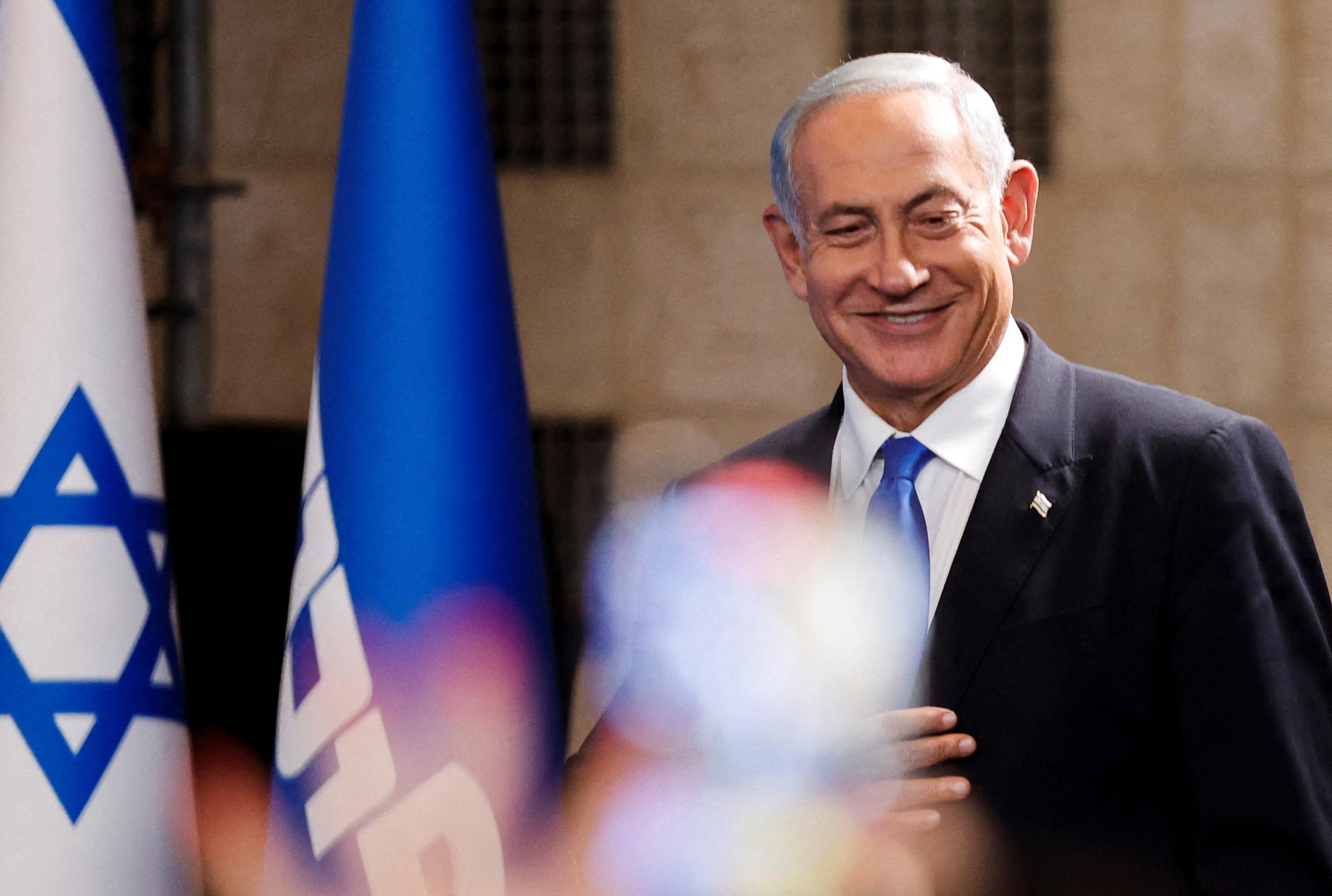With around 99% of the vote counted, Israel’s former longtime leader Benjamin “Bibi” Netanyahu is in prime position to reclaim the prime ministership, with his Likud Party having secured 32 parliamentary seats out of 120, the most of any party. Bibi is now on track to form a coalition of 64 seats made up of extremist ultra-nationalist, anti-Arab, and anti-LGBTQ parties, as well as ultra-Orthodox groups. Many post-mortems will be written in the weeks ahead, but one of the biggest stories is the failure of Meretz, a flagship left-wing party, to reach the 3.25% threshold needed to even make it into the Knesset, marking the first time that Meretz won’t sit in parliament since its founding in 1992. Israel’s left-wing establishment is pointing the finger at Labor Party leader Merav Michaeli, who in the run-up to Israel’s fifth election in under four years, refused to merge with Meretz to boost the left’s electoral prospects, and the anti-Bibi bloc more broadly. Netanyahu will now do his usual shtick to try to cobble together a coalition. Though he has the numbers on paper, this won’t be a cakewalk: Many of Bibi’s “natural partners” will make their support contingent on certain demands, like portfolio leadership positions and cash for their communities. Bibi will have to make everyone happy to get over the finish line, and it won’t be easy.
More from GZERO Media
President Donald Trump talks to the media next to Tesla CEO Elon Musk, with a Tesla car in the background, at the White House on March 11, 2025.
Elon Musk may have a big day ahead. On Friday, according to the New York Times, he’ll be made privy to war plans for a US military conflict with China. But President Donald Trump has denied that Musk will be briefed on China during his visit.
Stranded passengers at Heathrow Terminal 5 in London on Friday, March 21, 2025.
President Donald Trump signed an executive order on Thursday stripping away much of the Department of Education, but he stopped short of dismantling it completely.
The countdown is on! At noon on Sunday, Canadian Prime Minister Mark Carney is expected to dissolve parliament and send voters into an election campaign that promises to be one of the most consequential — and hotly contested — in recent history.
Indonesian activists are protesting a new law allowing active-duty military members to serve an expanded role in the civilian government — a move they warn could bring back the days of military repression under strongman leader Suharto.
Though European leaders have been excluded from Donald Trump’s plan to end the war in Ukraine, meetings on Thursday in Brussels and London aimed to demonstrate Europe’s continuing commitment to supply Ukraine with the weapons it needs to repel Russian invaders.
Have you stayed atop GZERO’s news coverage this week? Here’s your chance to prove it.
The BMW Foundation Herbert Quandt unites leaders and experts from business, politics, science, and civil society to tackle some of today's most pressing challenges. With our partners and a global network of over 2,600 members, we collaborate to advance solutions in our focus areas – energy transition and climate change, urbanization and infrastructure, and education and qualification. Learn more about how we create a positive dynamic that strengthens an innovative and responsible economy while also promoting an open-minded and future-proof society here.
Donald Trump has not yet made the traditional congratulatory call to Mark Carney, but the US president is not calling Carney “governor” – like he did with Justin Trudeau. Which would be ironic, considering the Canadian PM once served as governor of both the Bank of Canada and the Bank of England. Could it be that Trump had a special desire to bully Trudeau and will take a different approach with his successor? Stephen Maher reports ...
GZERO’s Evan Solomon announced on Thursday that he will be returning to Canada and running for Mark Carney’s Liberals. A former Canadian broadcaster, he has been GZERO’s publisher since 2022.
